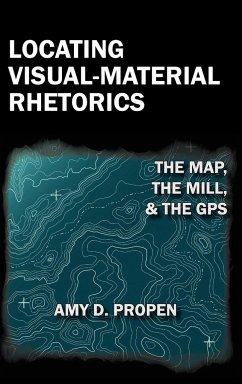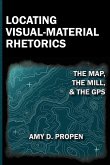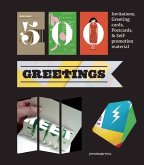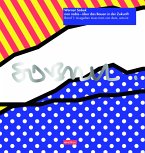Parks, maps, and mapping technologies like the GPS are objects of visual and material culture that rely on the interplay of text, context, image, and space to guide our interpretations of the world around us. LOCATING VISUAL-MATERIAL RHETORICS: THE MAP, THE MILL, AND THE GPS examines in depth, and in several contemporary settings, how visual and material discursive artifacts, when understood as rhetorical, shape our understanding of the unique cultural moments that these artifacts set out to represent. Using three cases that involve an exploration of the corporeal influence of the green spaces and commemorative sculptures at the Lowell Mills National Historical Park in Lowell, Massachusetts; the cartographic texts produced by GPS devices; and two maps involved in a federal court case about marine mammal protection, this book explores and tests the value of what Propen calls "visual-material rhetorics," or a visual rhetoric more expressly attuned to studies of space, the body, and materiality. Grounding all three cases is a theoretical approach that combines Michel Foucault's theory of heterotopias with Carole Blair's theory of material rhetoric. Such an approach brings Foucault's important work on spatiality into conversation with visual-material rhetorics to show how we benefit from conceptualizing rhetorical objects as not merely textual in the traditional sense but also as both visual and material-as spatial. Together, the cases in this book demonstrate how visual-material rhetorics illuminate the contexts that shape our various lived and embodied experiences and how visual-material rhetorics function in the service of advocacy. AMY D. PROPEN is Assistant Professor of Rhetoric and Composition at York College of Pennsylvania. She received her PhD in Rhetoric and Scientific and Technical Communication from the University of Minnesota. Her research on visual rhetoric, critical cartographies, and rhetoric as advocacy has appeared in journals and edited collections, including Technical Communication Quarterly, Written Communication, ACME: An International E-Journal of Critical Geographies, and Rethinking Maps: New Frontiers in Cartographic Theory. She is co-author, with Mary Lay Schuster, of Victim Advocacy in the Courtroom: Persuasive Practices in Domestic Violence and Child Protection Cases.








